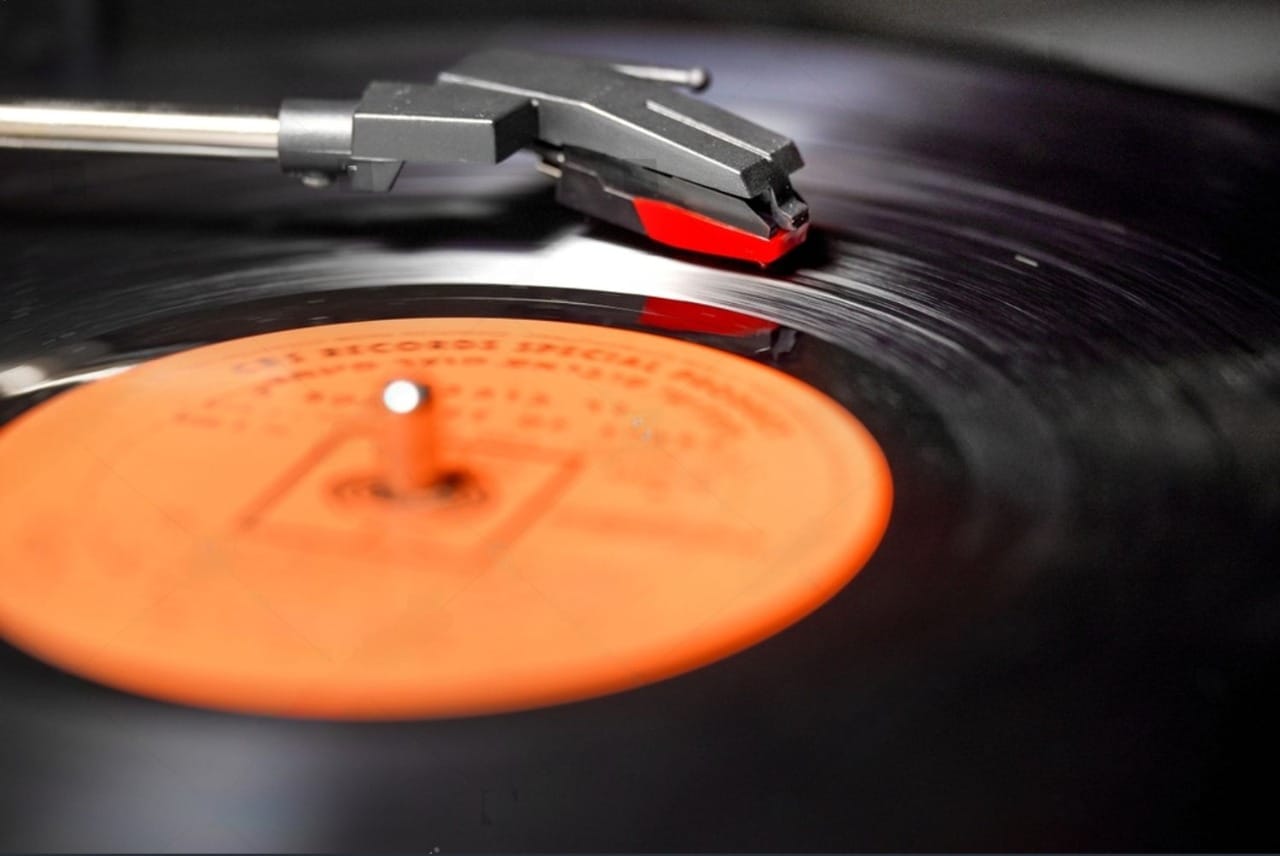The Therapeutic Power of Music
 Bruse West
Bruse West
Music has been a part of human culture for thousands of years, not just as entertainment, but also as a powerful healing tool. Today, more than ever, we’re beginning to understand just how deeply music can affect our health and well-being. From reducing stress and anxiety to improving mental health, the therapeutic power of music is truly remarkable.
The Science Behind Music and Healing
Music has a profound effect on the brain. When we listen to music, it activates multiple areas of the brain, including those involved in emotion, memory, and even physical coordination. This widespread brain activation is what makes music so effective as a therapeutic tool.
Research Findings: Studies have shown that music can help reduce the perception of pain by stimulating the brain’s reward system, which releases dopamine, the body’s natural painkiller. A 2021 study by Harvard Medical School found that patients who listened to music after surgery experienced less pain and required less pain medication than those who didn’t.
Music and Mental Health
One of the most significant ways music can be therapeutic is in its ability to improve mental health. Music therapy is now a well-established field that uses music to address emotional, cognitive, and social needs in individuals. It has been shown to help with a wide range of conditions, from depression and anxiety to PTSD and dementia.
Recent Events: In 2022, a large-scale study conducted by the British Journal of Psychiatry found that music therapy significantly reduced symptoms of depression in participants. The study highlighted that even a few sessions of music therapy could lead to noticeable improvements in mood and overall mental well-being.
The Role of Music in Stress Reduction
Stress is an unavoidable part of life, but music can be a powerful tool to help manage it. Listening to soothing music has been shown to lower cortisol levels—the body’s primary stress hormone—leading to a calmer mind and body.
Scientific Insight: A study from the University of Marburg in Germany found that listening to 30 minutes of relaxing music daily significantly reduced cortisol levels in participants. This reduction in stress hormones can lead to improved mood, better sleep, and even stronger immune function.
Music and Cognitive Function
Music doesn’t just help us feel better—it can also make us think better. Listening to music, especially classical music, has been linked to improved cognitive function. This is sometimes referred to as the “Mozart Effect,” where exposure to music, particularly by composers like Mozart, can enhance learning and memory.
Research Findings: A 2023 study by the University of Toronto found that older adults who regularly listened to music showed better memory retention and cognitive function compared to those who didn’t. The study suggests that music can help keep the brain sharp and may even delay the onset of age-related cognitive decline.
Using Music as a Personal Therapy Tool
Incorporating music into your daily routine as a form of self-care can have significant benefits for your mental and physical health. Here are some simple ways to harness the therapeutic power of music:
Create a Relaxation Playlist: Put together a playlist of calming music that you can listen to when you’re feeling stressed or anxious. This can include classical music, soft jazz, or nature sounds combined with gentle melodies.
Move to the Music: Engage in activities like dancing, yoga, or even simple stretching while listening to music. The combination of movement and music can enhance the therapeutic effects.
Use Music to Improve Sleep: Listening to soothing music before bed can help you wind down and prepare for sleep. Choose tracks with slow tempos and soft melodies to help relax your mind and body.
The Healing Sounds of Music
Music is much more than just entertainment—it’s a powerful tool for healing and well-being. Whether you’re looking to reduce stress, improve your mood, or boost cognitive function, incorporating music into your daily life can have profound therapeutic benefits. As research continues to uncover the many ways music affects the brain and body, it’s clear that the therapeutic power of music is something we can all tap into to enhance our quality of life.
Subscribe to my newsletter
Read articles from Bruse West directly inside your inbox. Subscribe to the newsletter, and don't miss out.
Written by

Bruse West
Bruse West
Music is a form of art that uses sound and rhythm to express emotions, ideas, and stories. It blends melody, harmony, rhythm, and tone to create different styles and genres. Whether with instruments or voices, music can inspire, entertain, and bring people together from all cultures. It’s a universal language that connects us all.